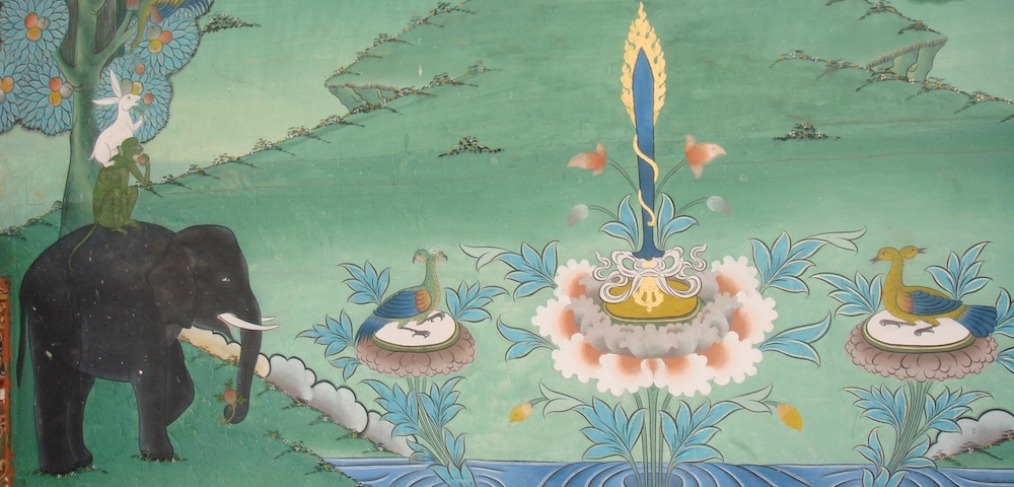It’s the time of year in the U.S. when we take a one-day pause to acknowledge our blessings. We do this because it is a tradition, but also because it is good to remind ourselves to appreciate our lives. And although giving thanks is always a good thing to do, unfortunately many of us only remember to do it once a year. It’s as if we use the day as a way to catch up on our appreciation for the people and things we take for granted the rest of the year. But gratitude is more than an occasional expression of a “thank you”; it is also a powerful tool you can use to raise your personal frequencies.
Gratitude as Frequency
If you could view the world from the perspective of energy, you would be able to see thoughts. Because, like everything else in this world, thoughts are made of energy. Every thought you have creates a frequency that becomes part of your personal energy field. Thoughts that carry similar frequencies group together in your field to form a pattern. If you continue to think the same type of thoughts, over time the patterns they create will become strong enough for you to feel. We call this feeling an emotion.
When you have thoughts that feel low, it creates emotions that lower your overall frequency. Likewise, when you have thoughts that feel high, it creates emotions that elevate your frequency. High frequency emotions feel better to you because they are closer in vibration to your true nature as a being of pure energy.
You already have the experience of this because you know that it feels better to be happy than to be sad. Gratitude feels good because it’s a high frequency emotion that is backed by high thoughts. It’s a simple equation: when you feel grateful, you feel a temporary elation for the object of your gratitude, thus you elevate your emotions and your energies.
What this means is that when you practice gratitude you are raising your frequencies. And the more you do this, the more the high frequencies become your normal pattern of being. This is good because when it comes to energy, like attracts like. So, if you are living at high frequencies, you will attract people, circumstances and things that are also high frequency. In essence, you will attract more things to be grateful for, creating a cycle of happiness. Knowing that gratitude has the potential to do all of this, why wouldn’t you practice it more often?
Gratitude as a Daily PracticePatterns are things that repeat, so if you want to create a pattern of frequency for yourself, you must repeat the corresponding thoughts. The practice of gratitude is as simple as repeating thoughts of thankfulness on a daily basis. Think good things and you increase good things.
To make gratitude a daily practice, take a quiet moment for yourself each evening and bring to mind everything that happened during the day that you can appreciate. Pay special attention to the things that made you feel positive in some way, so you can reconnect to its energy and raise your frequencies to match it. That’s all there is to it. It seems easy, but its effects are powerful.
When you practice gratitude daily, a training of your psyche takes place. This keeps you vibrating in a high frequency pattern regardless of life’s current circumstances. You will soon learn how to muster the feeling of gratitude any time, allowing you to raise your emotional frequencies whenever you feel the need.
If you are having a bad day, or you can’t think of anything to feel grateful for, you can always be grateful for the lessons the hard things in life teach you. You can remind yourself that you need some bad days to appreciate the good ones. And if all else fails, you can at least be glad that the day is over. There is always a way to find a grateful thought. One easy way to recall things you feel grateful for is to bring to mind anything that made you smile. After all, a smile is an act of gratitude.
When you practice gratitude you learn to live in the moment and to see life as a continuous series of blessings. It helps you improve your mental outlook, increase your happiness and foster your self-esteem. It teaches you that the biggest blessings in life often come in the smallest packages. So practice gratitude every day, and cultivate a happier life for yourself all year long.
Author: Susan L. Magine – Awakening People




